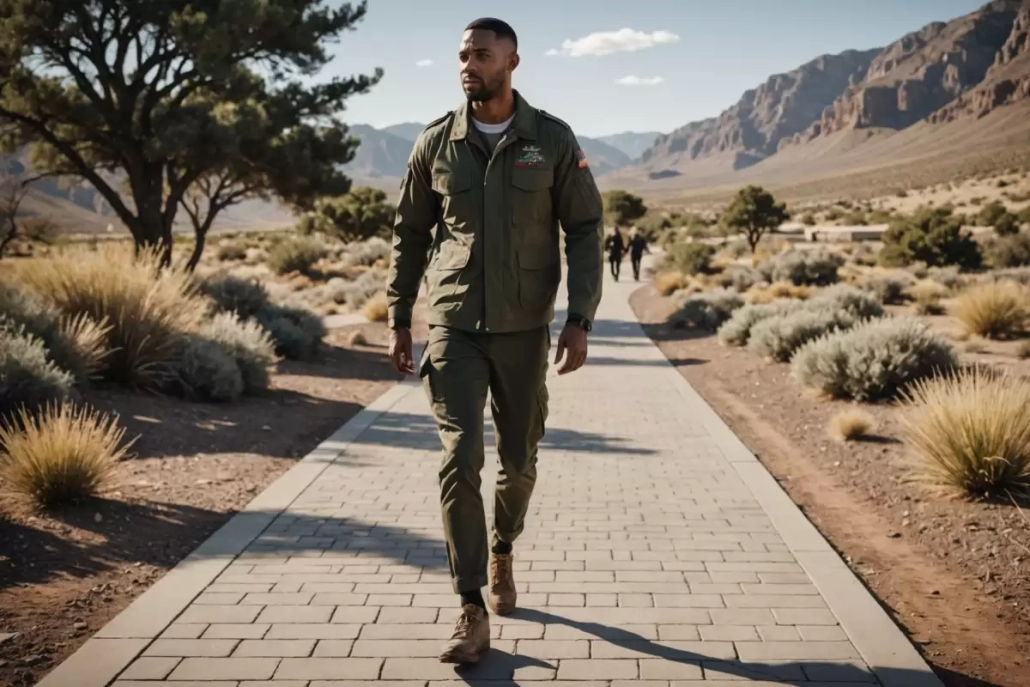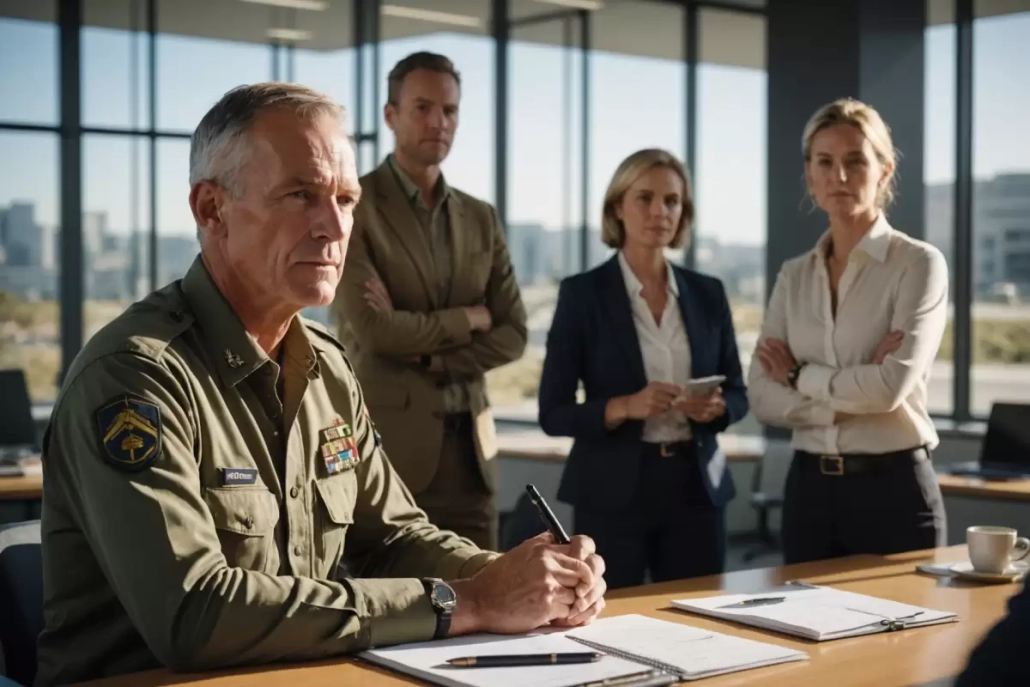Transitioning from a life of regimented structure and clear-cut roles into the dynamic and often unpredictable civilian workforce can be a seismic shift for many veterans. It’s a journey filled with potential and promise, yet it’s not without its hurdles. The skills honed in the military—leadership, teamwork, and resilience—are invaluable, but translating these into a civilian context often requires a new perspective. So, how can veterans leverage their unique experiences to thrive in civilian careers? Let’s explore the art of adaptation and the untapped potential that lies within veteran talent.
The Art of Translating Military Skills
Veterans possess a wealth of skills that are highly sought after in the civilian job market. However, the challenge often lies in articulating these skills in a way that resonates with civilian employers. Think of it as learning a new language—one where the dialect is business, and fluency can open doors to new opportunities.
Consider the role of a military logistics officer. In the civilian world, this could translate to a supply chain manager, a role that requires strategic planning and attention to detail—skills that are second nature to veterans. The key is to identify the core competencies developed during military service and align them with civilian job descriptions. It’s about finding the common thread that links past experiences with future aspirations.
Embracing the Cultural Shift
The transition from a structured military environment to a more fluid civilian workplace can be daunting. The military’s clear hierarchy and protocols give way to a landscape where flexibility and adaptability are prized. For many veterans, this cultural shift can feel like stepping into a new world.
To navigate this transition successfully, veterans can benefit from mentorship and networking opportunities. Engaging with professionals who have made similar transitions can provide valuable insights and guidance. It’s about building a support system that understands the unique challenges veterans face and can offer practical advice on how to thrive in a civilian setting.
The Power of Storytelling in Career Transitions
One of the most powerful tools veterans have at their disposal is storytelling. Sharing personal experiences and achievements in a compelling way can captivate potential employers and demonstrate the value veterans bring to the table. It’s not just about listing skills on a resume; it’s about painting a picture of how those skills have been applied in real-world scenarios.
For instance, a veteran who led a team in a high-pressure situation can share how this experience taught them to remain calm under pressure and make strategic decisions—qualities that are highly valued in any workplace. By framing their military experiences in a narrative that highlights their strengths, veterans can create a lasting impression on potential employers.
Bridging the Gap: The Role of Veteran Labour Hire Services
Veteran labour hire services play a crucial role in bridging the gap between military and civilian careers. These services provide tailored support to help veterans translate their skills and find meaningful employment. Ironside Resources, for instance, offers veteran labour hire solutions that are designed to make the transition smoother. Their blog post, Veteran Labour Hire: Bridging the Gap Between Military and Civilian Careers, delves deeper into the unique challenges faced by veterans and how their services can support this journey. It’s a must-read for anyone interested in understanding the nuances of veteran employment and the benefits of hiring veterans.
The Broader Impact of Hiring Veterans
Hiring veterans is not just about filling a role; it’s about enriching a workplace with diverse perspectives and experiences. Veterans bring a sense of duty, commitment, and an unparalleled work ethic. They are accustomed to working in diverse teams and have a knack for problem-solving, often under challenging conditions.
For companies, hiring veterans is an opportunity to gain dedicated and disciplined employees who can drive innovation and growth. It’s also a chance to contribute to a broader social responsibility by supporting those who have served their country. In this way, veteran employment becomes a win-win situation, benefiting both the individual and the organization.
Taking the Leap: A Call to Action
Are you a veteran ready to embark on a new career journey? Or perhaps an employer looking to tap into a pool of highly skilled talent? The potential is immense, and the opportunities are endless. By embracing the unique skills and experiences veterans bring, we can create a more inclusive and dynamic workforce.
For further reading on successful career transitions and the impact of veteran employment, check out the Veterans Employment Toolkit. It offers valuable resources and insights for both veterans and employers looking to make the most of this transition. Let’s work together to unlock the potential of veteran talent and pave the way for a brighter future.





